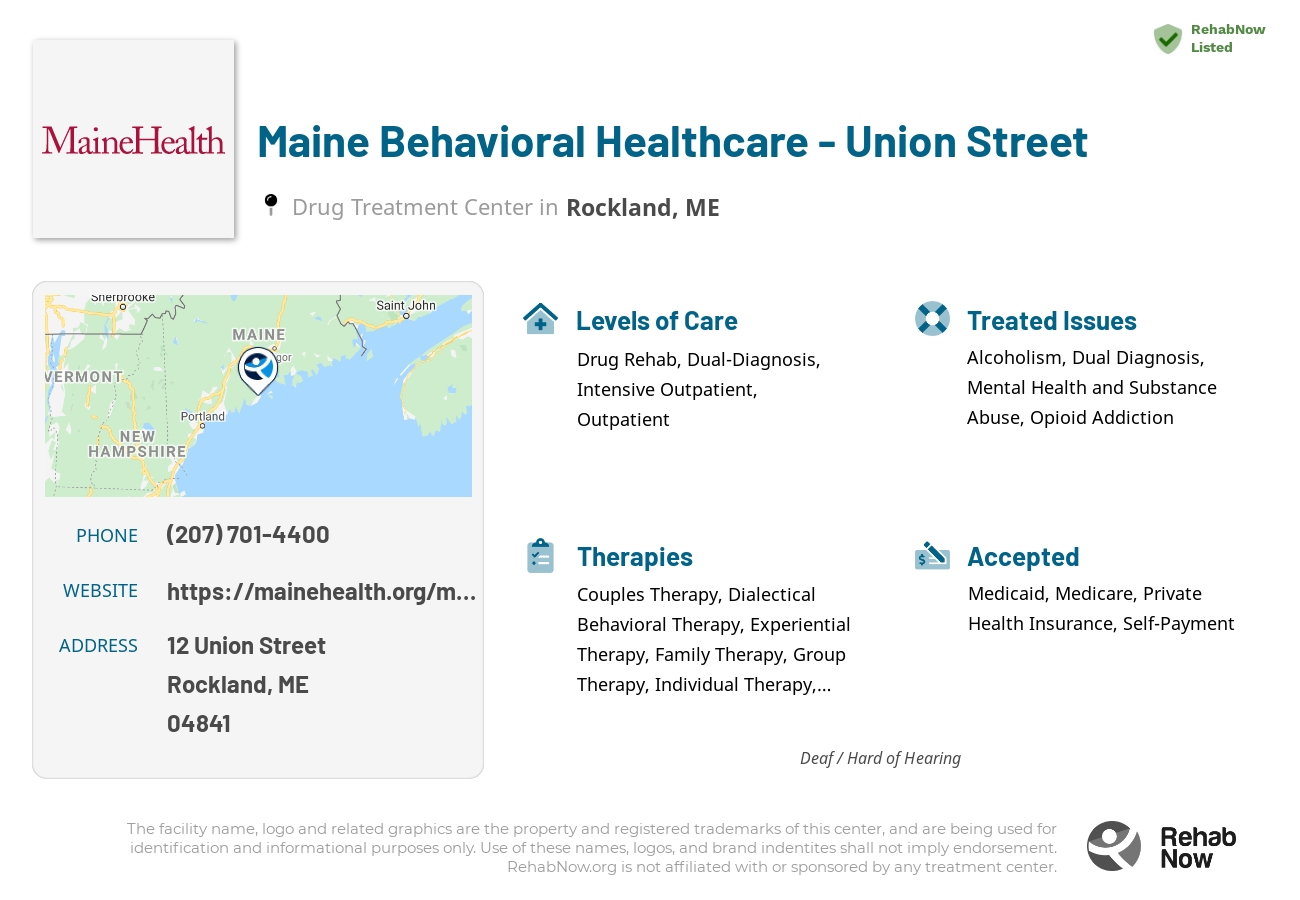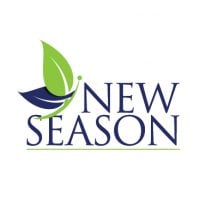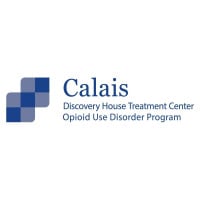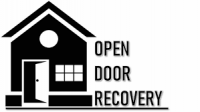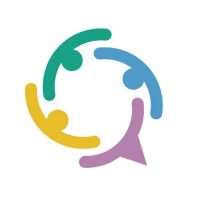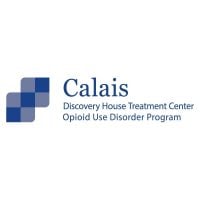Maine Behavioral Healthcare - Union Street
Drug Rehab Center in Rockland, Maine
Maine Behavioral Healthcare - Union Street in Rockland, Maine offers integrated behavioral health services, including addiction treatment, medication management, and counseling, to help individuals affected by mental health conditions and substance misuse reach their recovery goals.
About Maine Behavioral Healthcare - Union Street in Maine
Maine Behavioral Healthcare - Union Street in Rockland, Maine, provides a range of integrated behavioral health services. They offer dedicated programs and care to individuals affected by a range of mental health conditions and substance misuse. The team of nurses, therapists, and physicians provide comprehensive care to help each patient achieve their recovery goals.
Maine Behavioral Healthcare - Union Street offers professional services to help individuals facing addiction and substance abuse issues. Their programs include medication-assisted treatment, recovery-oriented treatment, and counseling for mental health issues. They also provide trauma-informed treatment, family therapy, medication management, and relapse prevention. They use these approaches to help patients create an individualized plan to help them manage their mental health and recover from substance abuse.
At Maine Behavioral Healthcare - Union Street, each patient is provided with the care and support to reach their recovery goals. Their facility is accredited by The Joint Commission and licensed by the State of Maine. They are also a designated National Council for Behavioral Health Certified Mental Health Center. In addition to providing compassionate and professional addiction and substance abuse treatment, Maine Behavioral Healthcare - Union Street is also a member of the American Society of Addiction Medicine.
Genders
Ages
Modality
Additional
Conditions and Issues Treated
Many people who struggle with opioid addiction need to attend specific programs like methadone , Suboxone or Vivitrol clinics.
These types of programs will provide the patient with legal, prescription medications that can help them overcome their cravings for illegal opioids like heroin or fentanyl . If the patient has a chronic condition like Hepatitis C, they must undergo treatment before they can begin taking these medications.
Dual Diagnosis is a specific relationship between two or more disorders that have the same symptoms and can sometimes be treated together. This is used in the treatment planning process when dealing with drug addicts. Dual diagnosis can be viewed as a chronic medical condition that has comorbid psychiatric disorders.
Although addiction and a mental illness may have separate symptoms that are not easy to detect, they often go hand in hand. Many times, drug abuse is a direct result of the mental illness. In other words, treating the addiction will not resolve all of your issues. Unless you also treat the underlying mental illness, you will not be successful in achieving sobriety.
Levels of Care Offered
This center offers a variety of custom treatment tailored to individual recovery. Currently available are Drug Rehab, Dual-Diagnosis, Intensive Outpatient, Outpatient, with additional therapies available as listed below.
An intensive outpatient program is usually the first phase of addiction treatment. It provides relief for those who are addicted, but are not ready to commit to an inpatient setting. Typically, the patient lives at home and is able to work or go to school. IOPs consist of a daily 3 to 5-hour program, and there is a required number of hours per week. Most patients go to IOP between 20 and 40 hours per week. The patient attends group counseling and individual therapy throughout the duration of treatment. They also meet daily with their therapist to discuss how it’s going and where they are in the recovery process.
The goal here is to teach patients healthy coping skills, such as stress management and identifying thoughts and behaviors that lead to relapse. The implementation of these skills will be useful as the individual transitions into the next phases of treatment.
An outpatient treatment program is set up to help with alcohol or drug addiction, or a co-occurring disorder. The patient must attend the Maine facility for their therapy and other programs but are able to return home each night. The frequency of mandatory attendance decreases after much of Maine Behavioral Healthcare - Union Street‘s program is complete.
Therapies & Programs
Individual Therapy is a critical component of addiction recovery. Therapists work with patients to identify the root of their addiction and figure out how to better handle the issues that led to them using drugs. Individual Therapy is the one-on-one session where people meet with their therapist. Individual therapy provides a safe space for people to open up and discuss personal and sensitive topics which they may not feel comfortable discussing in a group setting.
Couples therapy at Maine Behavioral Healthcare - Union Street focuses on addiction treatment for the addict and their spouse. The addict’s family, not just the addict, can benefit from this form of therapy. Couples therapy addresses communication problems, trust issues, lack of intimacy, and abuse in intimate relationships. Couples therapy can help rebuild trust between partners, which increases the chances for successful treatment and sustained recovery.
Intimate relationships can be damaged during addiction, and professional help may be necessary to rebuild the often destroyed trust and love. Couples therapy at Maine Behavioral Healthcare - Union Street helps couples improve communication and rebuild trust. Either or both partners will be helped by this treatment administered by professionals. This treatment can also help one or both partners if addiction is the problem.
Family therapy will also help families realize that the addiction is not their fault. For many years, people blamed themselves for an addict’s behavior and felt that they had done something wrong. This is not the case. Addiction is a disease, and it can strike anyone, even if their life seems fine from the outside. It can bring a lot of shame to a family when they have an addict in their midst, but if everyone is open and honest with each other, then they can help everyone stay in recovery.
Group Therapy is utilized by drug treatment centers like Maine Behavioral Healthcare - Union Street to provide the recovering drug addict with a platform to talk about their feelings and experiences. It also provides for an opportunity to learn from other addicts who have successfully overcome their addiction.
Group Therapy is employed in lectures, seminars, or discussion groups (the latter two are typically conducted as “therapy groups”). It is recommended that all group members be recovering addicts for this type of therapy to work (though it does not exclude others with lived experience).
Trauma therapy is a clinical process that helps individuals deal with mental stress often caused by traumatic events. It is generally done for children, teenage victims of sexual assault, and war veterans. The therapist helps the person identify, understand and work through the problem. This is done with the help of talking about it in group or one-on-one counseling sessions. Therapists use relaxation, role-playing, art, and music to help the person open up about what is bothering them.
Dialectical Behavior Therapy (DBT) is used by drug treatment centers across the United States to help drug addicts become sober. DBT combines traditional behavioral treatments with elements from DBT, including dialectics, distress tolerance, and interlocking issues. It is commonly used to treat Borderline Personality Disorder (BPD) along with substance abuse disorders. The four DBT modules are mindfulness, interpersonal effectiveness, emotion regulation, and distress tolerance.
Cognitive behavioral therapy is also a popular service for individuals living with addiction. This type of supportive treatment uses both one-on-one counseling and group sessions to teach addicts how to identify thoughts, behaviors and emotions that might increase their risk of relapse.
These professionals can help addicts develop coping skills for managing stress, improving self-esteem and overcoming triggers. They might also use behavioral therapy to help addicts learn how to avoid cravings and warning signs that could lead them back into addiction.
Therapy can be used as a step-down from inpatient treatment or as the primary method of overcoming an addiction. No matter which option is best for the addict, they will teach important emotional coping techniques, which can make it easier for addicts to get through the tough days.
Patient Experience
Experiential Therapy at Maine Behavioral Healthcare - Union Street
Experiential therapy is another form of treatment that helps addicts overcome their addiction. This type of service typically involves hands-on activities with the focus on physical experiences instead of emotions or beliefs.
Some examples include art therapy, equine therapy and music therapy. Each of these forms of experiential therapy can provide unique ways for addicts to channel their feelings and work through their demons. This type of therapy also allows addicts to develop meaningful emotional connections with others, which can prevent them from resorting to relapse as a coping mechanism.
Payment Options Accepted
For specific insurance or payment methods please contact us.
Is your insurance accepted?
Ask an expert, call (888) 674-0062
MaineHealth Associated Centers
Discover treatment facilities under the same provider.
- Southern Maine Healthcare - Medical Center Drive in Biddeford, ME
- Maine Behavioral Healthcare in Belfast, ME
- Maine Medical Center - Child and Geriatric Outpatient in Portland, ME
Learn More About MaineHealth Centers
Additional Details
Specifics, location, and helpful extra information.
Rockland, Maine 4841 Phone Number(207) 701-4400 Meta DetailsUpdated November 25, 2023
Staff Verified
Maine Behavioral Healthcare - Union Street Patient Reviews
There are no reviews yet. Be the first one to write one.
Rockland, Maine Addiction Information
Prescription opioid abuse is the most common form of substance abuse in Maine. More than 10% of these residents have also admitted to using prescription drugs for non-medical purposes. Between 2013 and 2014, 4 out of every 5 deaths in Maine were caused by illicit drugs. One in five high school students in Maine uses marijuana every single month.
Rockland, ME, is ranked 3rd out of 42 total counties when it comes to the rate of reported cases of drug abuse. 9.4% of the total population in Rockland abuses drugs. The average age in Rockland to start using drugs is 15 years old. The most commonly abused substances include alcohol, marijuana, prescription drugs, and heroin. There are a few addiction treatment centers in Rockland, such as inpatient and outpatient treatment.
Treatment in Nearby Cities
- Machias, ME (91.9 mi.)
- Bar Harbor, ME ( mi.)
- Biddeford, ME (79.1 mi.)
- Old Town, ME (62.0 mi.)
- Island Falls, ME (138.2 mi.)
Centers near Maine Behavioral Healthcare - Union Street
The facility name, logo and brand are the property and registered trademarks of Maine Behavioral Healthcare - Union Street, and are being used for identification and informational purposes only. Use of these names, logos and brands shall not imply endorsement. RehabNow.org is not affiliated with or sponsored by Maine Behavioral Healthcare - Union Street.

